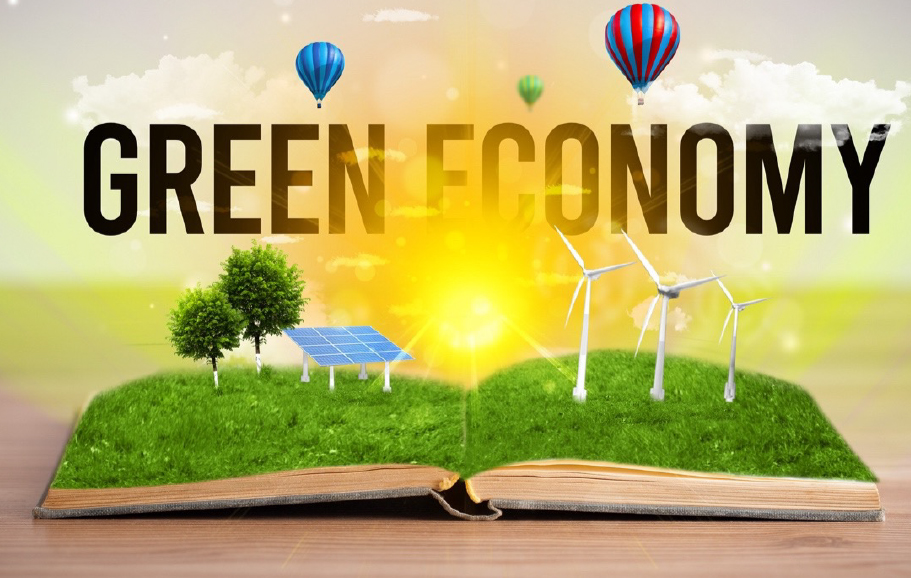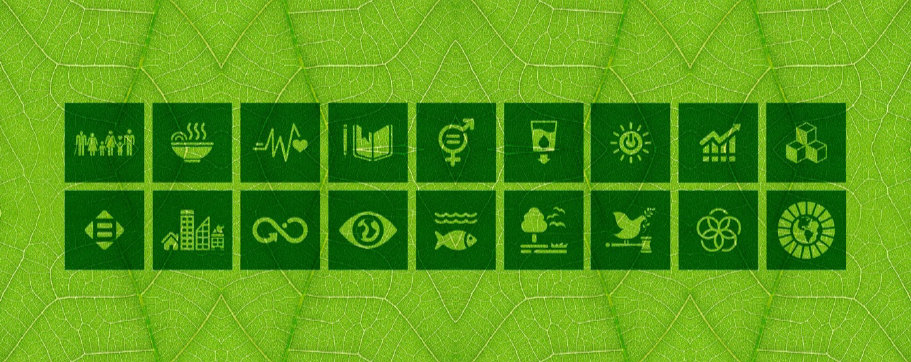
By Jeff Selamutu
October 25, 2021
For all the effort to educate and facilitate the switch to solar or other clean energy sources, sustainability will remain an incomplete principle if it’s not supported by governmental policies and private sector participation. When all those moving pieces come together, it can generate benefits across the economic, environmental, and social fronts in the Green Economy.

The United Nations Environment Programme defines a Green Economy as one that results in improved human well-being and social equity, while significantly reducing environmental risks and ecological scarcity. The notion of green economy does not replace sustainable development, but creates a new focus on the economy, investment, capital and infrastructure, employment and skills and positive social and environmental outcomes across Asia and the Pacific.
The 5 Principles of the Green Economy
- Well-being: A green economy must create genuine, sustained, shared wellbeing, going beyond mere monetary wealth to prioritise human development, health, happiness, education, and community.
- Justice: A green economy emphasises equity, equality, community cohesion, and supporting human rights – especially the rights of minorities and the marginalised. It seeks a just transition and serves the interests of all citizens, including those yet to be born.
- Planetary boundaries: A green economy recognises that all human flourishing depends upon a healthy natural world. It defends the intrinsic worth of nature, and protects biodiversity, soil, water, air and other ecosystem capitals.
- Efficiency & sufficiency: A green economy is low-carbon, diverse and circular. It recognises that planetary boundaries place practical limits to economic growth, and aligns economic incentives with true costs to society.
- Good governance: A green economy builds institutions that combine dynamic democratic accountability with a sound basis in natural and social science and local knowledge. Civil life prioritises public participation, informed consent, transparency, and accountability.
In February 2021, the Singapore government announced the inter-ministerial Green Plan, a whole-of-nation movement to advance Singapore's national agenda on sustainable development. It is an ambitious plan to build a sustainable future by strengthening Singapore's commitments under the UN’s 2030 Sustainable Development Agenda and Paris Agreement. The Singapore Green Plan 2030 is also a roadmap to achieving net-zero emissions goals.

One of the pillars of the Green Plan is the Green Economy, which aims to seek green growth opportunities to create new jobs, transform Singapore's industries and harness sustainability as a competitive advantage. Through a comprehensive blueprint which takes care of all the key aspects of the Green Economy - including raising the carbon tax - the government intends to also position Singapore as a regional hub for sustainable development and world-class decarbonization initiatives to attract talent, investment, and eco-warriors and sustainability heroes alike.
Closer to home, and to underscore how the Green Economy can create new jobs, EDP Renewables (Asia Pacific) adopts a 'global development mindset', through initiatives that encourages learning via interaction and collaboration within our 'global communities'. This way, knowledge and experiences can be transferred. The Asia region can benefit from our track record in other markets and regions and the learnings from regulation evolution, which can enable it to accelerate further.